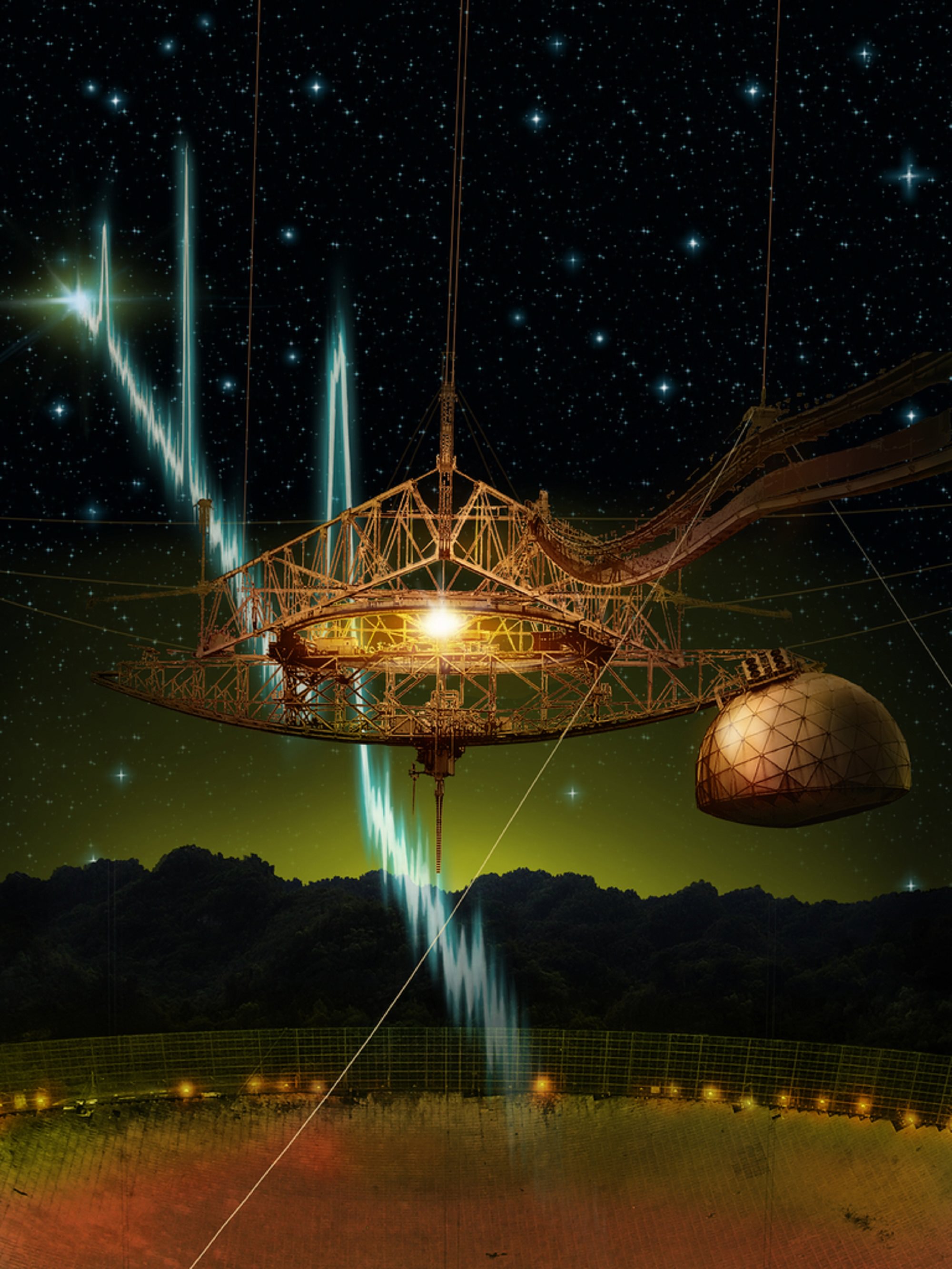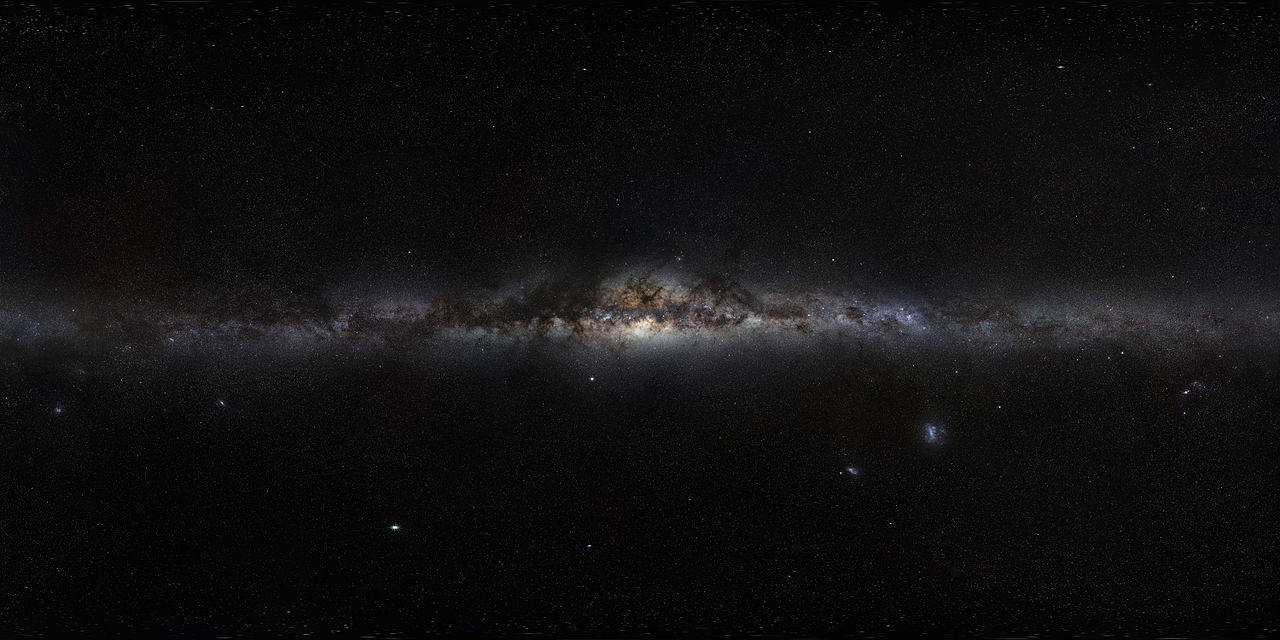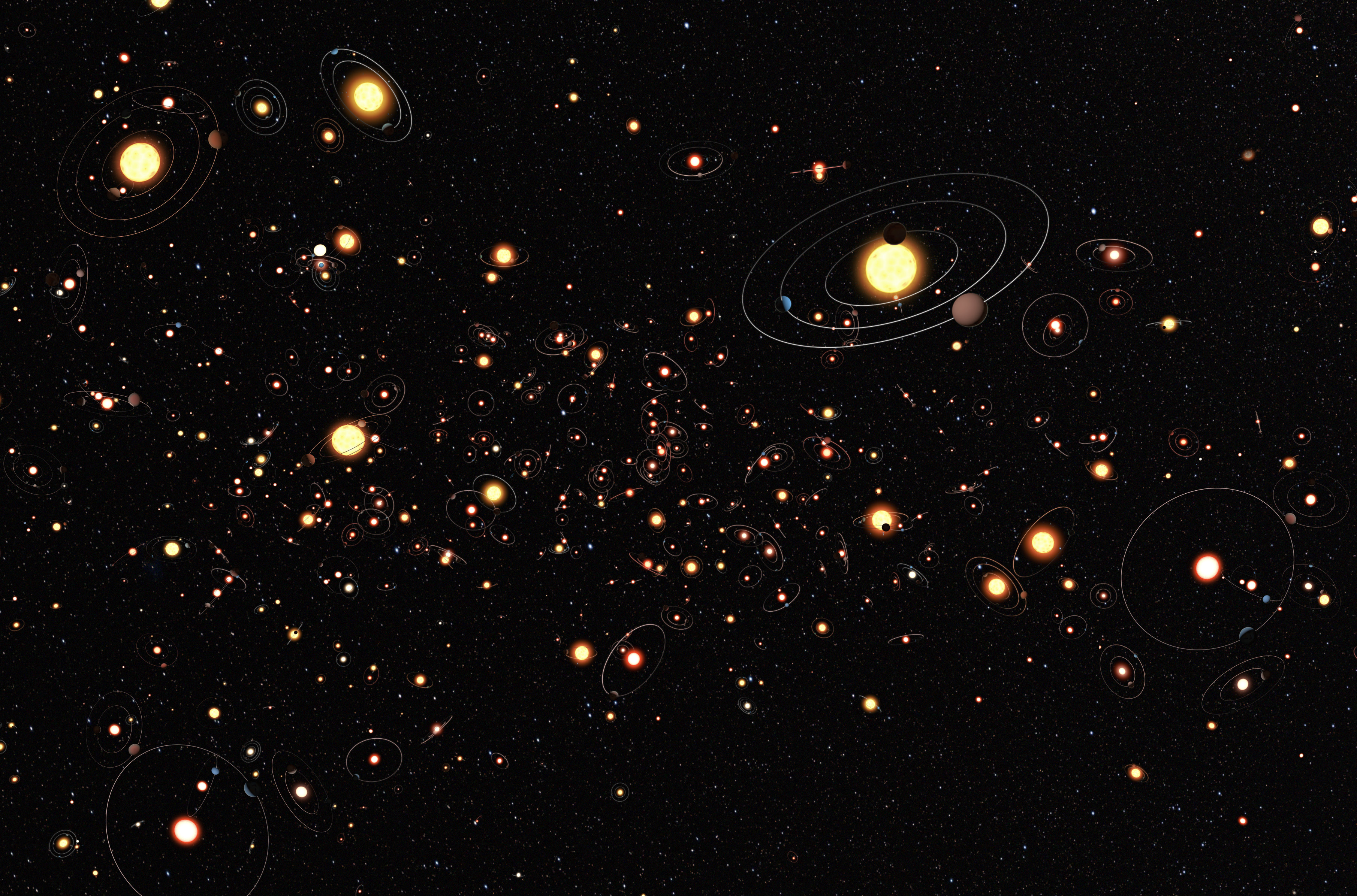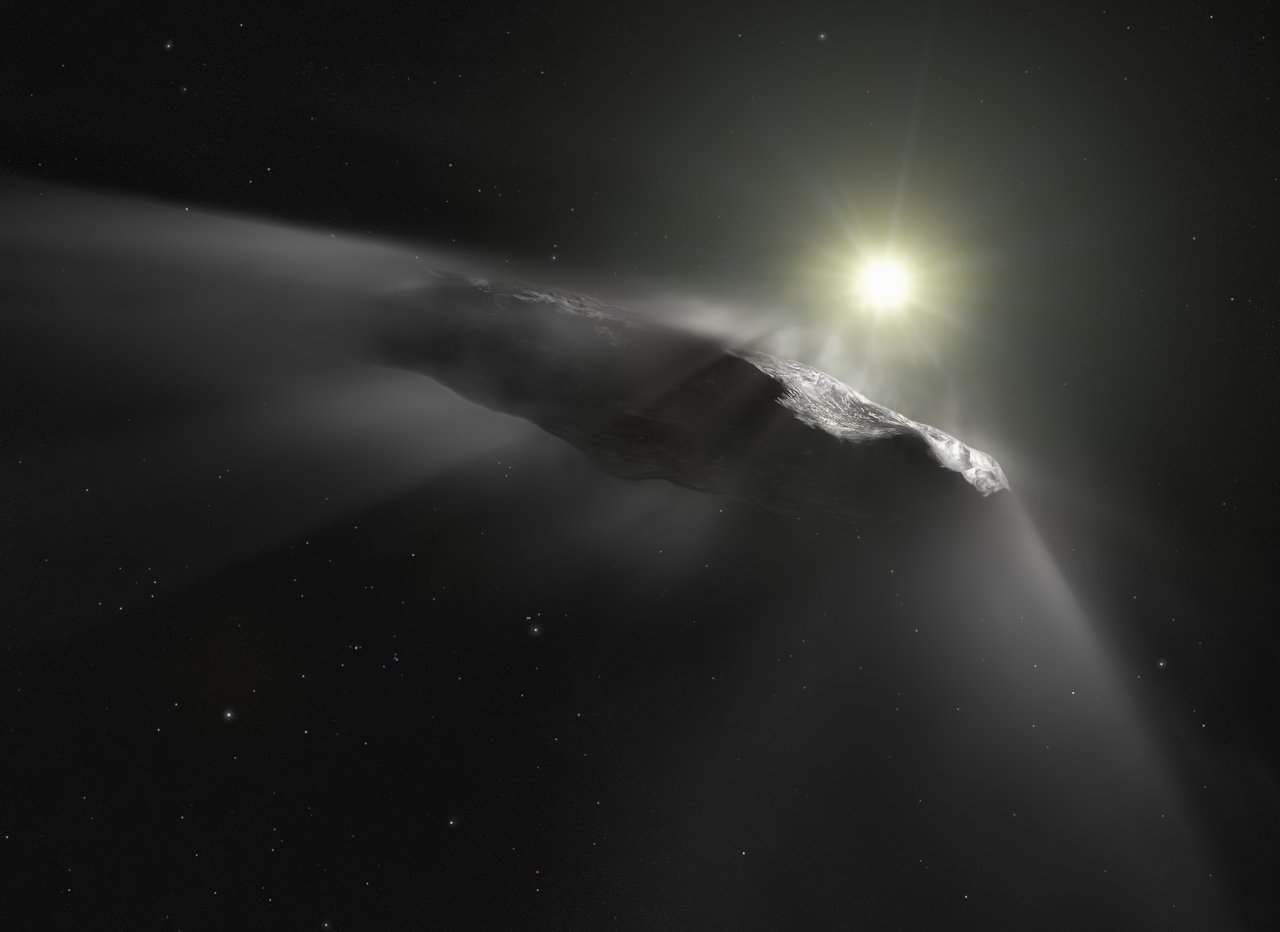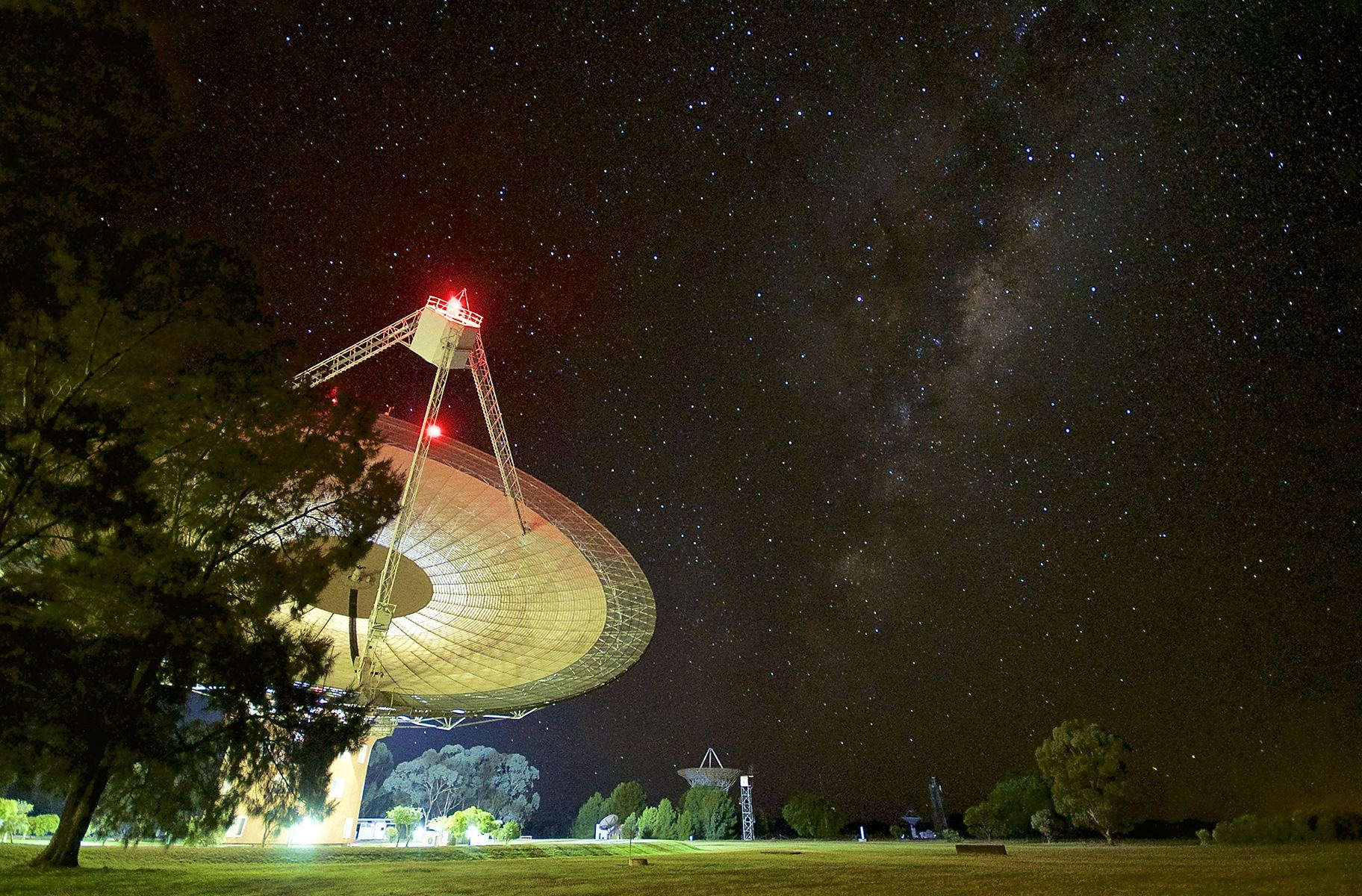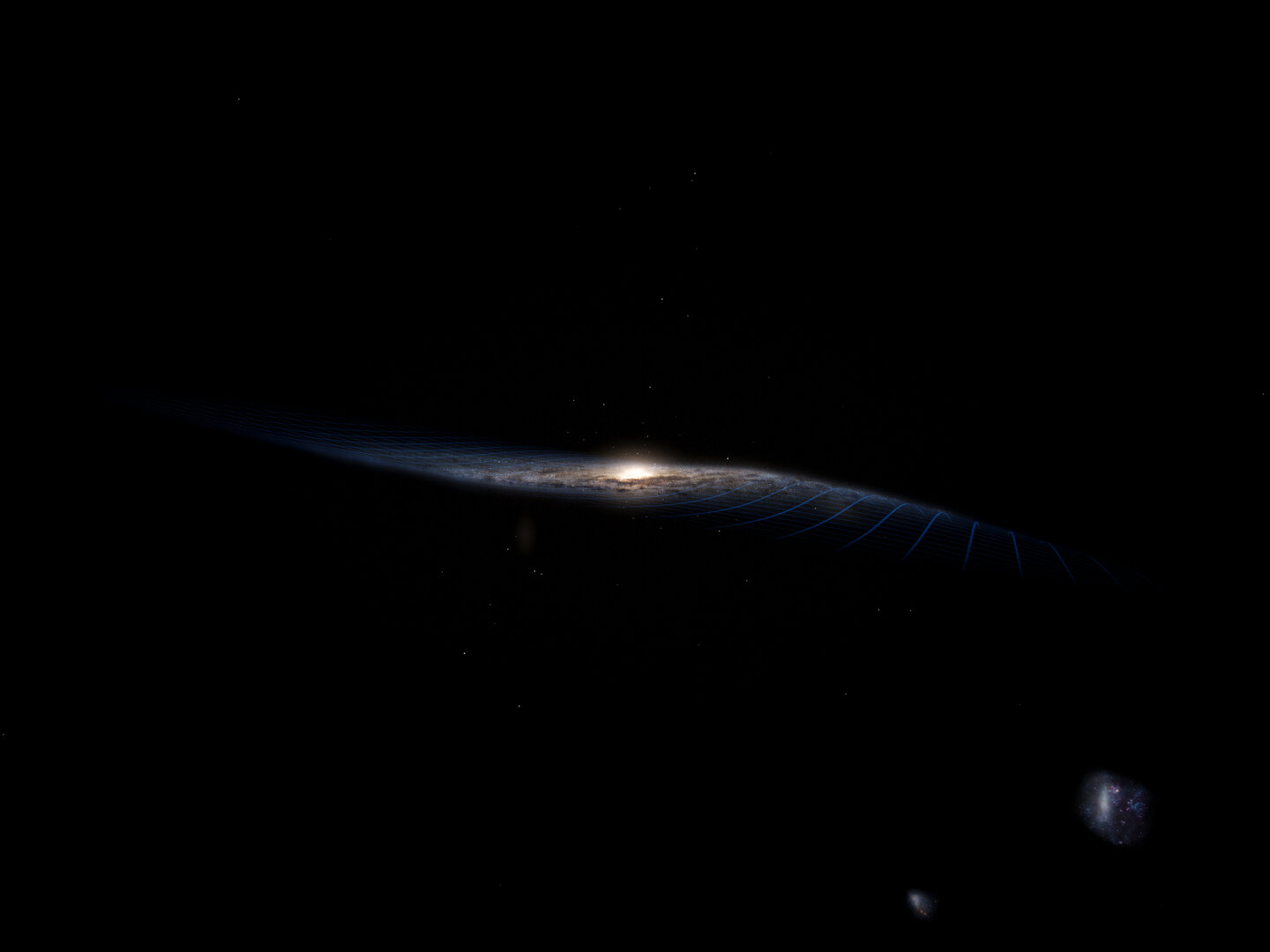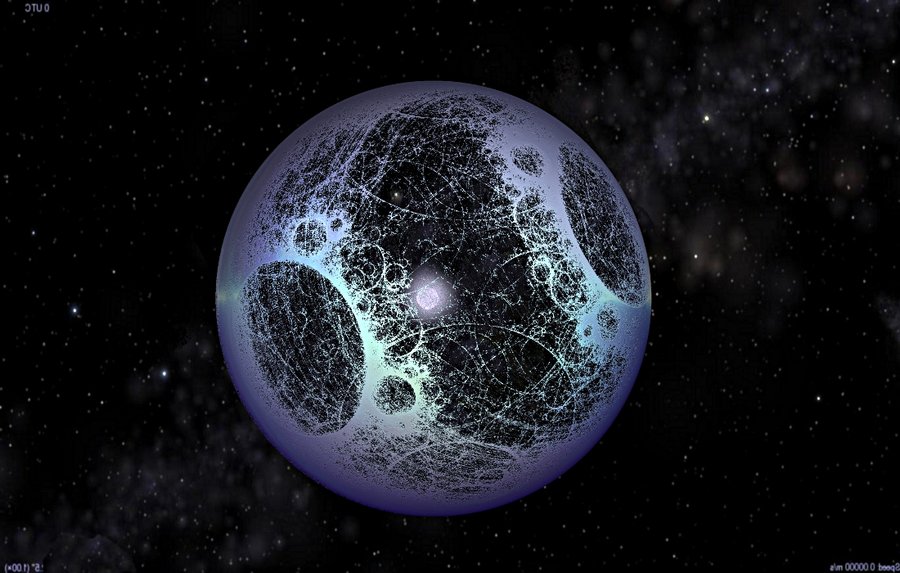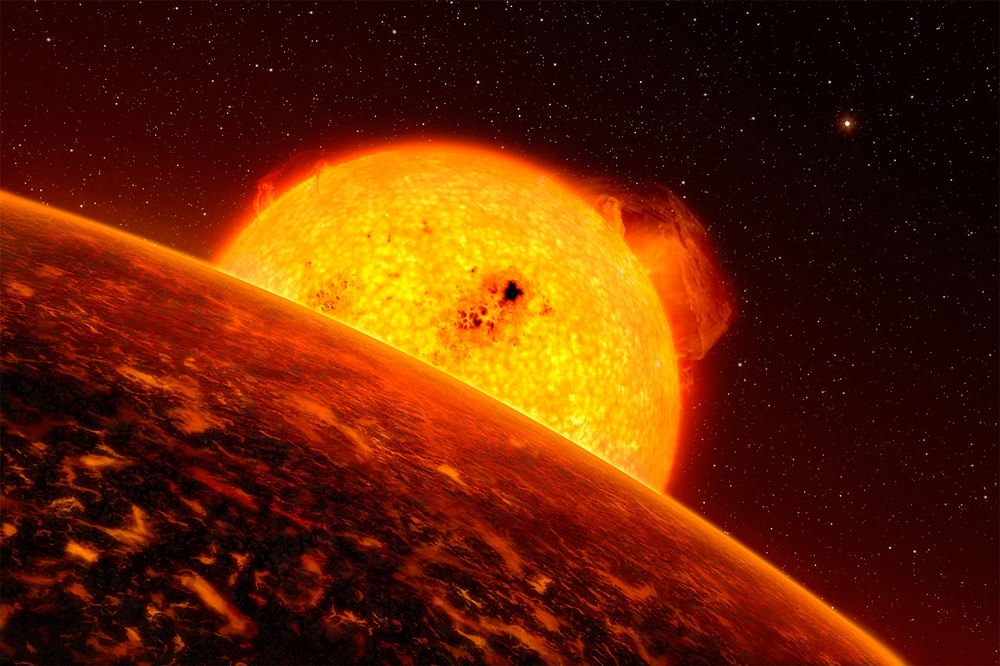On November 16th, 1974, a coded radio message was broadcast from the Arecibo Observatory in Puerto Rico. The message contained information on mathematics, humanity, the Solar System, DNA, and the Observatory itself. The destination for this message was Messier 13 (NGC 6205 or “The Great Hercules Cluster”), a globular star cluster located about 25,000 light-years from Earth in the constellation of Hercules.
This historic signal was the Arecibo Message, humanity’s first attempt at Messaging Extraterrestrial Intelligence (METI). Almost fifty years later, the Message remains a focal point in the Search for Extraterrestrial Intelligence (SETI), the ethics of messaging, and why we haven’t heard from any extraterrestrial civilization (the Fermi Paradox). What’s more, a growing movement today would like to see more METI efforts mounted in the future.
Continue reading “What is the Arecibo Message?”
